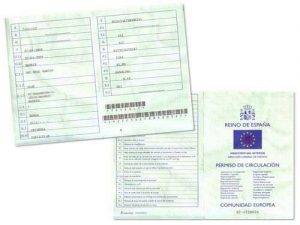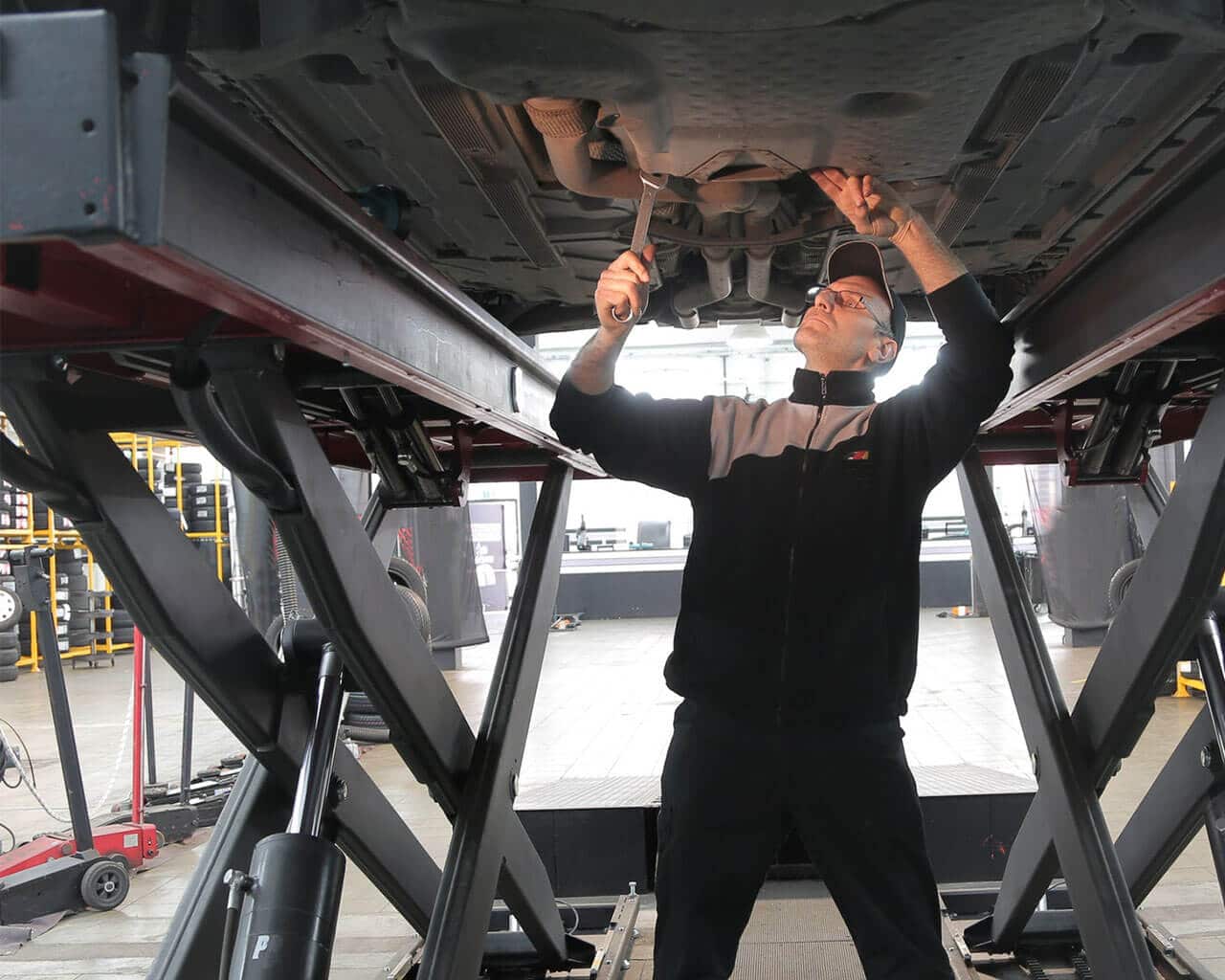Comprehensive Guide to Register a Foreign Vehicle in Spain Hassle-Free
Comprehensive Guide to Register a Foreign Vehicle in Spain Hassle-Free
Blog Article
Common Challenges Faced Throughout Foreign Automobile Registrations and Just How to Get rid of Them
Browsing the complexities of foreign lorry enrollments can be a daunting job, stuffed with obstacles that differ dramatically across territories. Concerns such as decoding neighborhood policies, getting rid of language obstacles in necessary paperwork, and resolving discrepancies in vehicle specs typically develop. Understanding tax effects and conformity with safety and security standards can even more complicate the process. By taking a look at efficient methods to resolve these barriers, people can better position themselves for a smoother enrollment experience. The concern stays: what particular steps can be required to mitigate these typical pitfalls?

Recognizing Neighborhood Regulations
Browsing the intricacies of international automobile enrollment begins with a complete understanding of local regulations. Each country has its specific laws and demands controling the registration of lorries, which can vary considerably from one jurisdiction to an additional (Register a foreign Vehicle in Spain). It is vital for international vehicle proprietors to acquaint themselves with these laws to ensure conformity and prevent possible fines or lawful complications

In addition, some territories mandate lorry inspections to establish conformity with neighborhood safety and emissions criteria. This might require modifications to the automobile prior to it can be legitimately signed up. Involving with local authorities or speaking with lawful professionals can give clarity on these guidelines.
Language Obstacles in Paperwork
Language barriers present substantial obstacles when it comes to the paperwork needed for international automobile enrollment. Many people run into problems in understanding the details needs detailed in local guidelines, as these papers are commonly published in the main language of the host nation. False impressions can lead to the submission of inaccurate or incomplete documentation, causing delays or rejection of enrollment.
Furthermore, important files, such as title deeds, evidence of ownership, and insurance coverage, might not have readily available translations - Register a foreign Vehicle in Spain. This can produce complication for foreign car proprietors who are unfamiliar with the neighborhood terminology and lawful lingo. As a result, browsing the registration process comes to be cumbersome, often needing additional time and effort to ensure conformity
To reduce these concerns, it is advisable for foreign lorry proprietors to seek professional translation services or get in touch with regional professionals that can help in recognizing the requisite documents. Additionally, government agencies might provide multilingual sources or standards to help with the enrollment process. Proactively attending to language barriers can improve the enrollment experience, ensuring that all required files are precisely prepared and submitted based on local laws.
Lorry Specification Inconsistencies

Experiencing automobile requirements inconsistencies can produce considerable obstacles for international lorry proprietors throughout the enrollment process. These disparities usually occur from differences in making criteria, dimension systems, and regulative demands between the automobile's nation of origin and the host country. A lorry that satisfies safety and security and exhausts criteria in one country might not line up with the requirements needed for enrollment in another, leading to delays or outright rejections.
To overcome these obstacles, it is essential for international vehicle owners to perform thorough study prior to initiating the registration process. This consists of understanding the particular requirements established by the regional authorities, such as safety and security criteria, discharges levels, and any type of required adjustments. Engaging with a specialist service focusing on foreign car registration can likewise provide important insights and assistance in browsing these discrepancies.
Documents plays an essential duty, so ensuring that all technical specifications and adjustments are properly shown in the documents can reduce problems. Additionally, maintaining open interaction with neighborhood registration authorities can supply clarity on any type of prospective inconsistencies, permitting prompt resolution and effective enrollment of the lorry.
Browsing Tax Requirements
Understanding the tax needs connected with international car registration is important for owners wanting to comply with neighborhood laws. Each territory has particular tax obligation responsibilities that have to be find out met before a lorry can be legally signed up. These may consist of import duties, value-added taxes (BARREL), and annual vehicle tax obligations, which can vary significantly depending upon the automobile's beginning, worth, and specs.
To navigate these tax needs successfully, vehicle proprietors must start by researching the particular taxes applicable in their location. Consulting with neighborhood tax obligation authorities or a tax specialist with experience in foreign vehicle registrations can offer quality on the procedure and prospective responsibilities.
Furthermore, it is important to maintain complete paperwork of the automobile's purchase and any payments made, as this will certainly be needed for tax obligation estimations and possible audits. Proprietors should also know any type of due dates connected with tax repayments to avoid fines or hold-ups in registration.
Evaluation and Compliance Issues
Frequently dealing with inspection and conformity concerns is important for owners of international cars seeking to register them in a new jurisdiction. Each region has unique laws regarding lorry safety and web link security, exhausts, and adjustments, which can posture considerable difficulties for owners not familiar with neighborhood requirements. Understanding these demands is important to read more prevent delays and additional expenses.
One typical problem occurs when international cars do not fulfill the host jurisdiction's safety and emissions requirements. Proprietors need to proactively validate that their cars conform with regional regulations, which may include alterations or obtaining essential paperwork from makers. Additionally, many territories call for a thorough examination by a licensed facility, which can lead to additional issues if the car fails to fulfill specified standards.
To browse these difficulties, proprietors can get in touch with neighborhood vehicle registration authorities or look for assistance from professionals knowledgeable about the registration procedure. Preparing all essential documents ahead of time, consisting of previous assessment records and proof of compliance, can improve the registration process. Inevitably, extensive prep work and recognition of inspection requirements can substantially boost the likelihood of a successful foreign automobile enrollment.
Final Thought
In recap, the process of international vehicle enrollment requires different challenges, including understanding of regional regulations, language barriers in documents, discrepancies in lorry specifications, navigating of tax demands, and inspection and conformity problems. Dealing with these obstacles requires thorough study, application of specialist translation services, and consultation with local authorities. Engaging specialized services can make certain adherence to safety and discharges criteria, ultimately promoting a smoother registration process and conformity with all pertinent obligations.
Report this page